
Understanding Colon Cancer
Let’s dive into the world of colon cancer—a significant health concern that affects countless lives. Colon cancer ranks as the third most common cancer-related cause of death in the United States. Colon cancer takes root in the large intestine affects 1 in 23 men and 1 in 25 women at some point in their life. In this article, we’ll learn about colon cancer, explore its signs and symptoms, delve into its root causes, understand treatment options, and arm you with natural strategies to support your well-being.

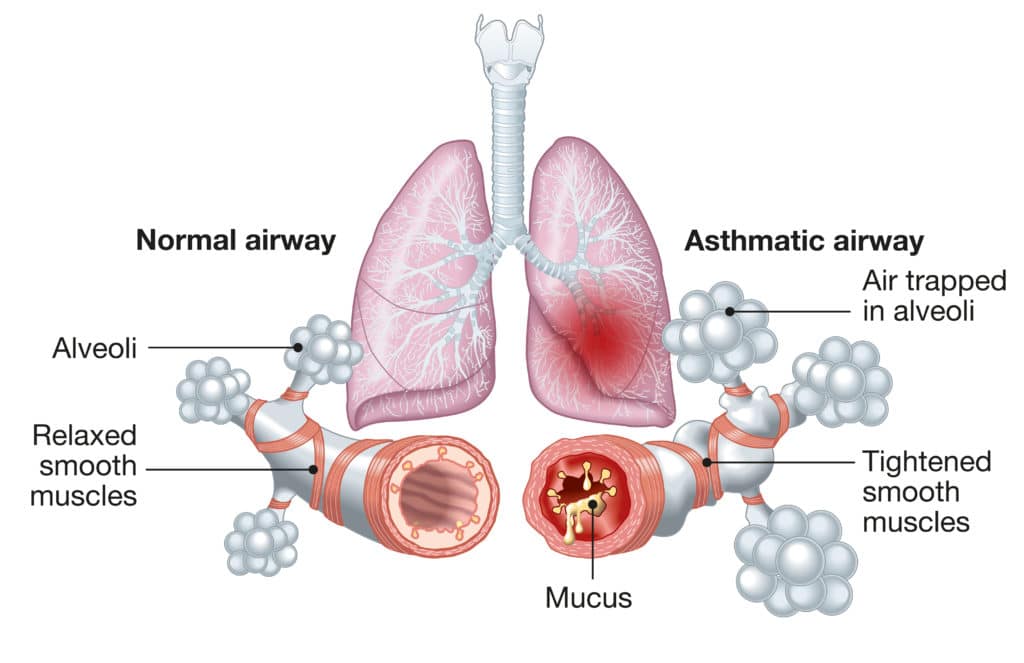

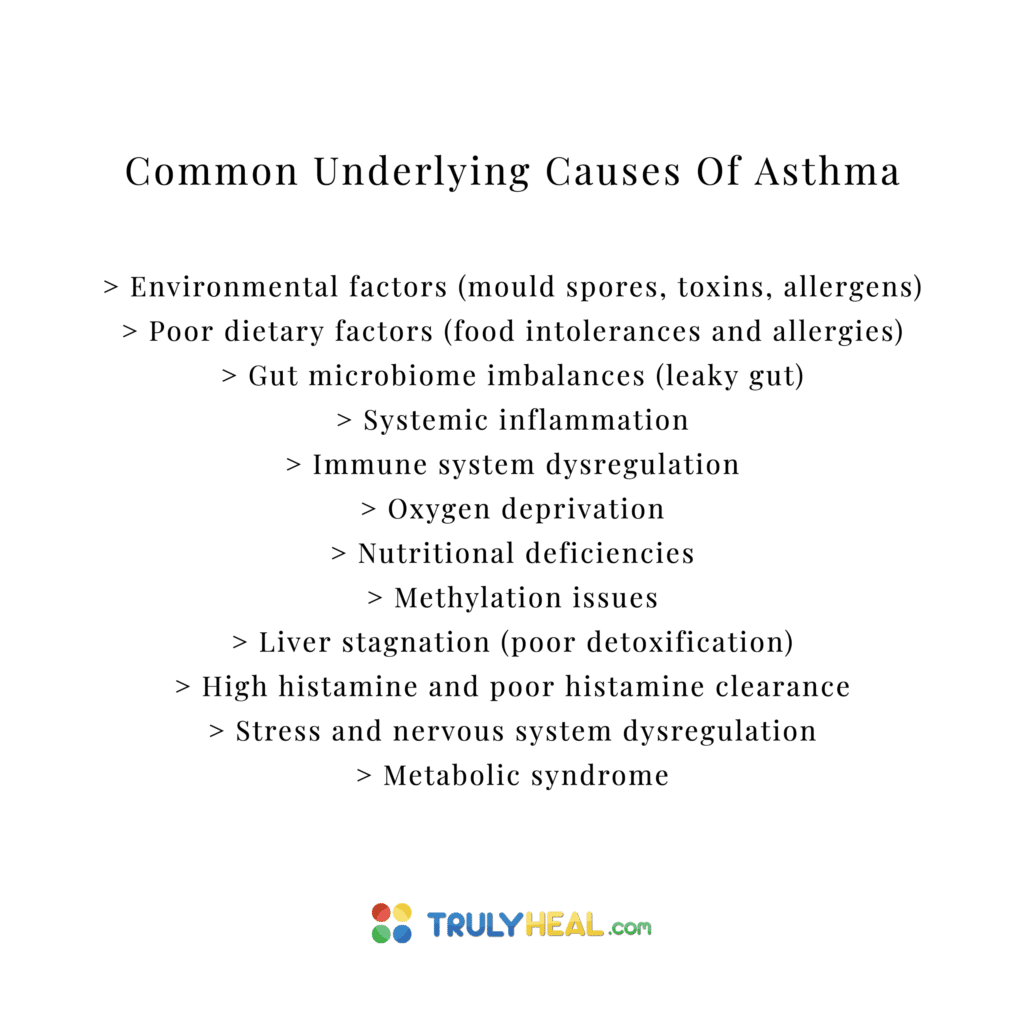
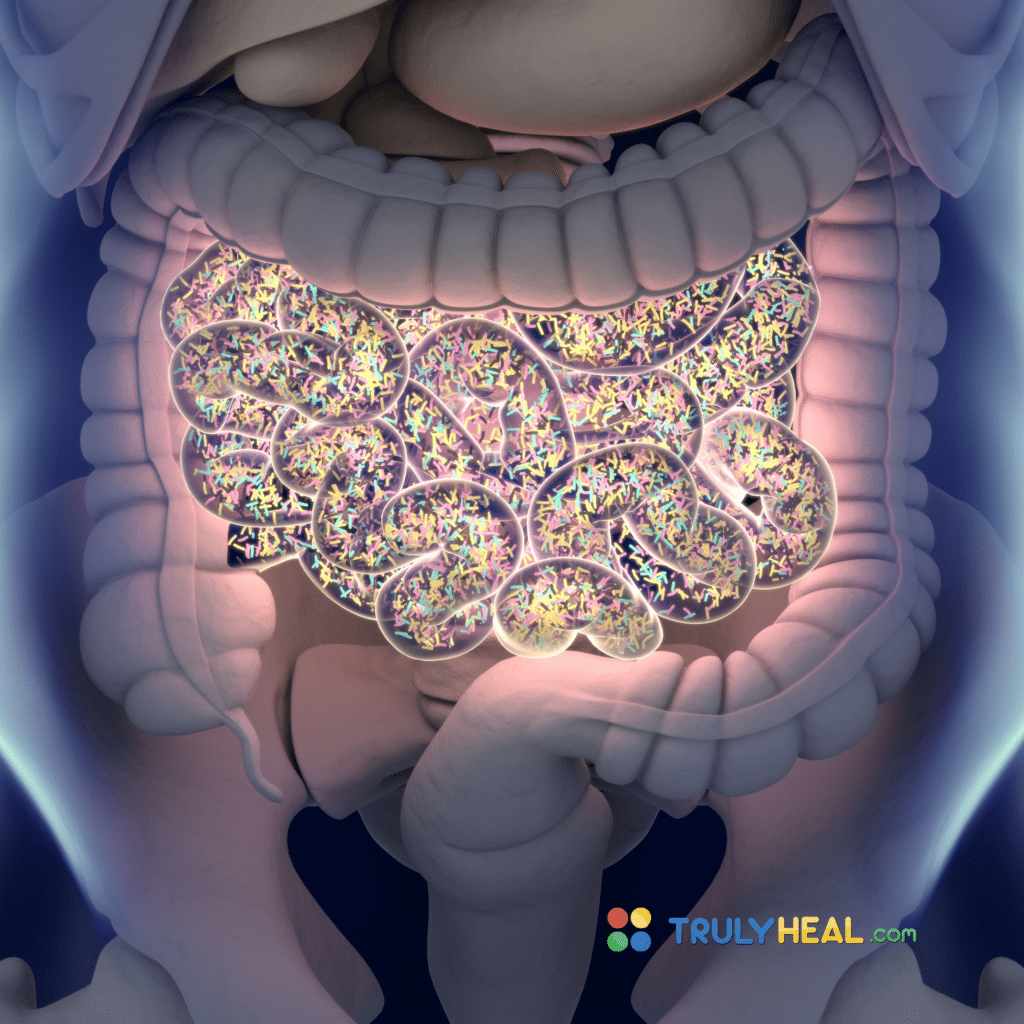
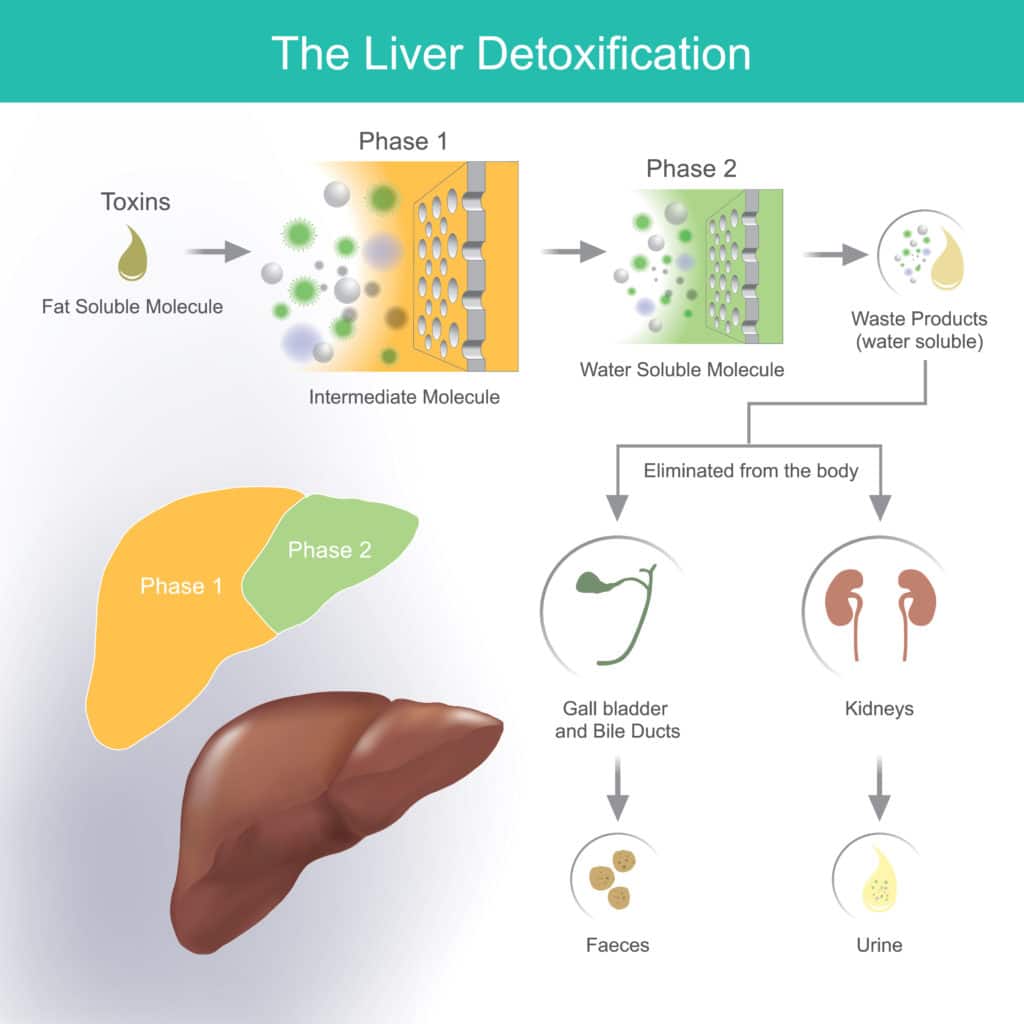






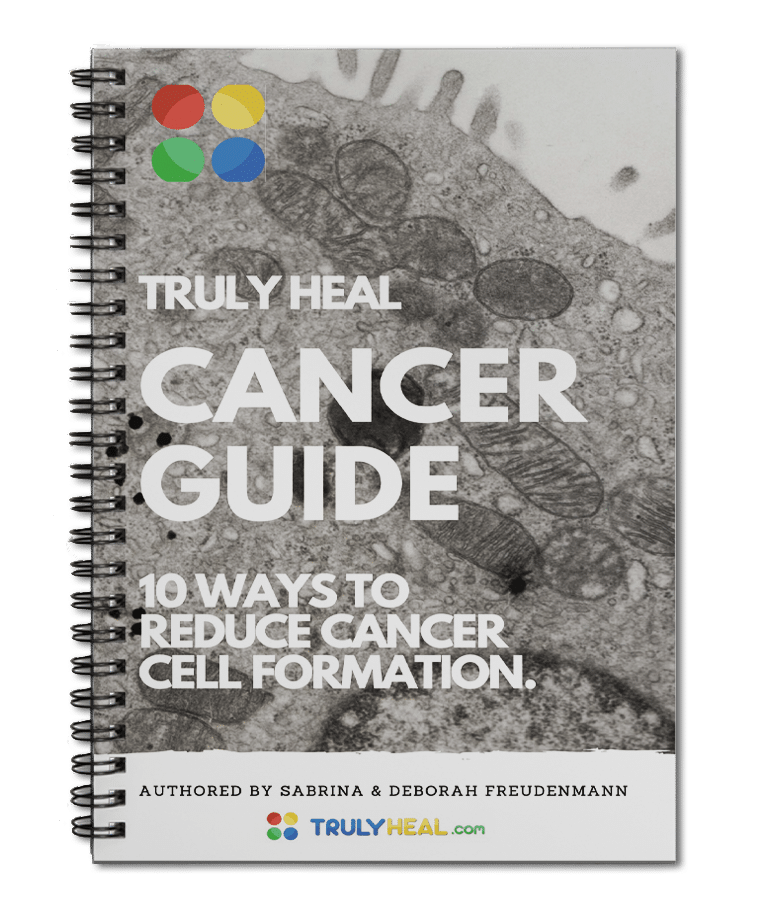
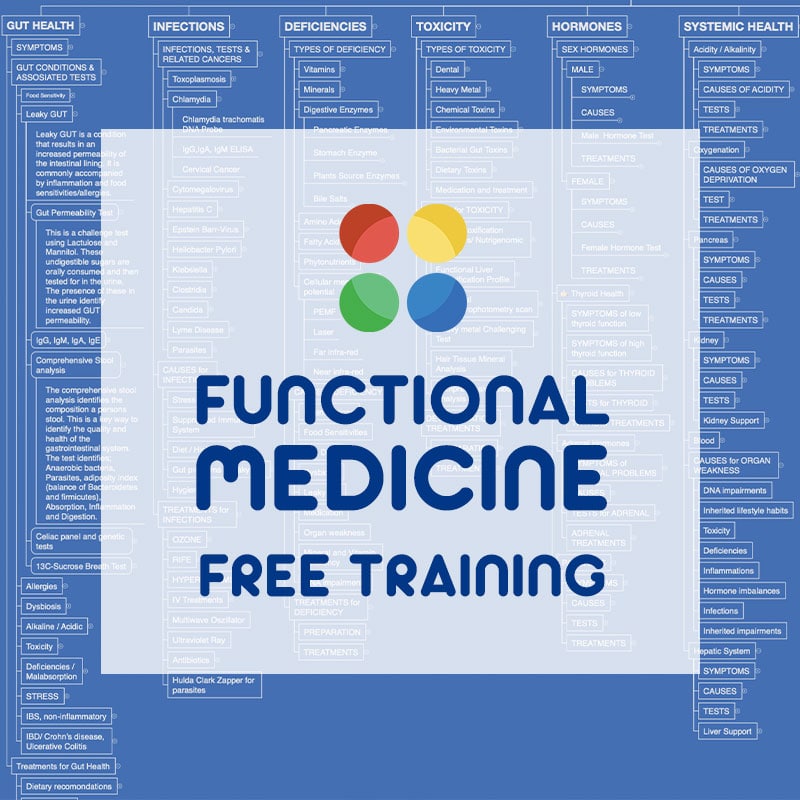






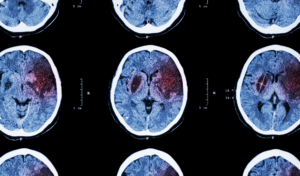
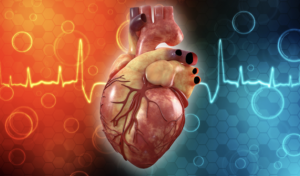
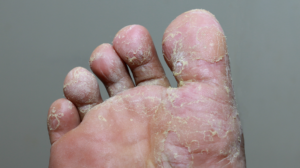

3 Responses
Deborah, this is the most comprehensive, logical and supportive article I have read about asthma. You cover all areas at a grass roots level that allows us to have a full understanding of how to change lifestyles without the intervention of prescription drugs and work positively at managing this condition on a daily basis.
Hello Margie, what incredible feedback! Thank you. Asthma is certainly a manageable condition! Once the root causes have been established, you can take positive steps to improving asthma and your overall health. Much love
I agree with Margie, this is the most informative, educational and practical advice on Asthma. We use electronic medicine to treat Asthma but it’s nice to back that up with information we can share with our clients that explains asthma so beautifully. I can’t wait to finish my Functional Medicine Health Coaching programme and incorporate this into our current offerings The world is ready for a change but are we ready for the world?
Regards,
Shokat